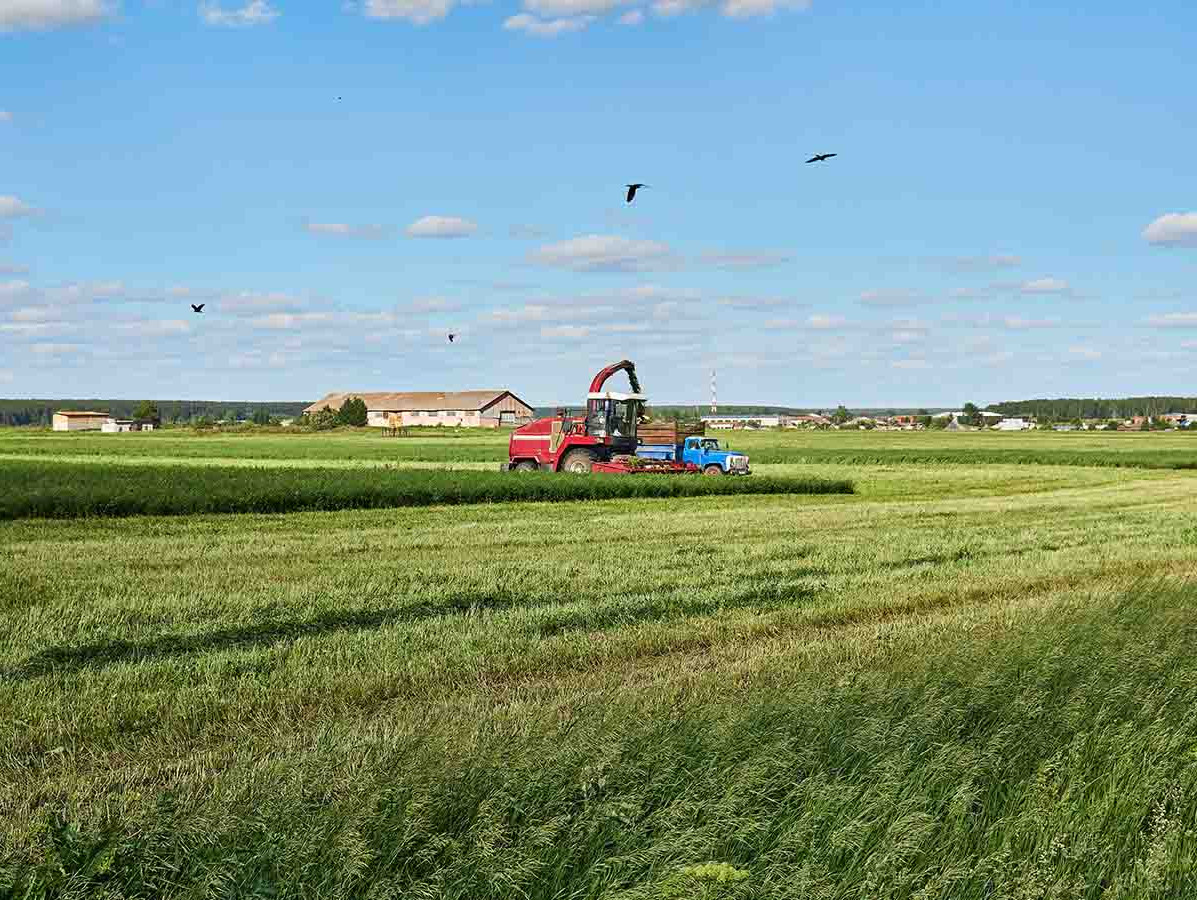
The food transition is putting significant pressure on agriculture and fisheries to change. Two scientists from Wageningen University & Research examined the impact of these changes on farmers, fishers, and their communities. "The social aspect of this story has so far been overlooked," said the researchers.
Wageningen University & Research is working on transitioning to more sustainable food systems. Scientists analyze the effects of agriculture and fisheries on climate and biodiversity, develop technological and systematic solutions, and conduct economic analyses. These studies inform policymakers on how the food transition can become a reality. In 2023, Wageningen researchers published two studies focusing on the social aspect of the food transition. Public administration scholar Rosalie van Dam investigated the social and psychological consequences for farmers who are under government pressure to switch to different farming methods. Anthropologist Marloes Kraan studied the impact of policy changes on the Dutch fisheries sector, with a focus on social and cultural aspects.
"Little is known about the social impact of transition policies on farming," says Van Dam. "That’s why we started an exploratory study on the consequences for farmers and farming communities, which we call the palette of social impact." Van Dam identifies five categories: existential, psychological, behavioral, spatial, and procedural effects. These range from uncertainty about identity and mental health issues like worries and anxiety to changes in farming practices and confusion about necessary adjustments. Farmers find the policies complex and unclear, though some see them as necessary and hopeful. Policymakers can use this study to become more aware of the effects of policy changes.
Kraan and her colleagues studied the fisheries sector, which has undergone significant changes due to the North Sea Agreement, the ban on pulse fishing, and Brexit. Two motions in the Dutch Parliament called for an investigation into the impact of these policy changes, including the societal value of fisheries. Kraan: "Not only economically, but also socially." Kraan and her team conducted surveys, interviews, and nine regional meetings to gather a wide range of opinions. These discussions revealed that the fisheries sector not only provides jobs and income but also plays a crucial role in identity, well-being, and social cohesion. Fishing boats are often family businesses, meaning entire communities feel the impact of the transition.
Kraan has data highlighting the severity of the situation: 75% of the fishing industry is made up of family businesses, with the sector employing 1,779 crew members and another 12,500 people in the supply chain. The survey showed that only 4% of owner-captains trust their business will still exist in five years, compared to 40% in 2008. The Dutch fisheries sector faces numerous challenges, including Brexit, wind farms, nature reserves, the European pulse ban, and nitrogen regulations. These factors make it difficult for fishers to continue their profession, which is a significant part of their identity. Scientists emphasize that fisheries are not just an economic sector but also a part of Dutch history and culture, with fishers possessing unique knowledge of nature and their working environment.
The uncertainty faced by farmers and fishers is real and tangible, and it must be taken seriously when implementing policies. Scientists call for more social research and awareness of the social impact of the food transition.
Source: Wageningen University & Research